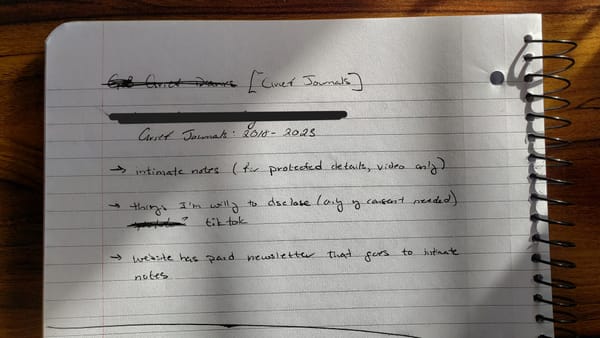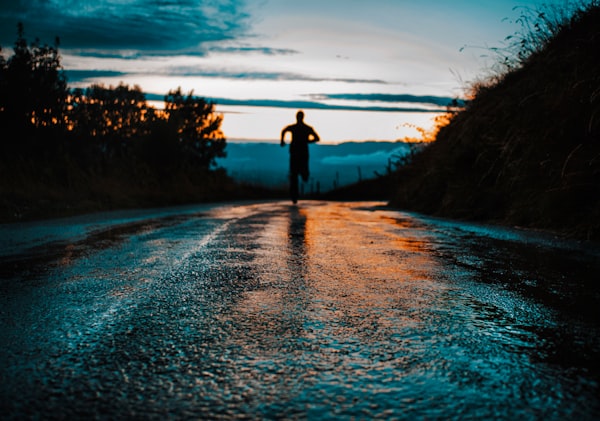What is "community", really?
"None of us want to participate in a community where we don't feel good, welcome, or appreciated." - Carrie Melissa Jones and Charles H. Vogl

🫂 April Gathering: Building Community and Networks of Care
"None of us want to participate in a community where we don't feel good, welcome, or appreciated." - Carrie Melissa Jones and Charles H. Vogl
I'm currently making my way through the book Building Brand Communities* by Carrie Melissa Jones and Charles H. Vogl, where they define community as "a group of people who have mutual concern for one another".
This definition has me thinking about all the people and places we gather around who use the word community to describe themselves, but who don't actually model the core feature of mutual concern.
In the Fall of 2022, I started working at a nonprofit who in my interview, talked about being an "anti-capitalist community-focused organization". And literally from day one, they proved to be anything but.
My first week on the job, no one knew I had started working there. There was no one assigned to welcome or onboard me, and I ended up having to make my own onboarding process. I made a point of having one-on-ones with every team member, and out of the 11 calls, only 2 asked me questions about myself.
It was clear throughout my time there that people weren't interested in one another, and why would they be when their primary interactions were in half-day meetings that they called "pointless" and "dysfunctional".
I ended up getting fired because their not caring about me lead to me not caring about the work.
Organizations like this are sadly very common, and you've probably worked or volunteered in one.
These groups are what Carrie and Charles call mirage communities, which are groups that aspire or call themselves a community, but that lack the fundamental elements of a community.
Mirage communities are detrimental to our efforts to create a better world as they often can't execute on meaningful work, and people get lost within them. We can't say we want to end systems of oppression and then treat one another as interchangeable exploited workers.
I'd love it if left a comment on this post letting me know your thoughts on the possibilities that exist when/if workplaces function as communities. ⤵️
Thanks for reading,
Kiana
*This post contains affiliate links.
Loving Practice is on a mission to create more human organizations.





